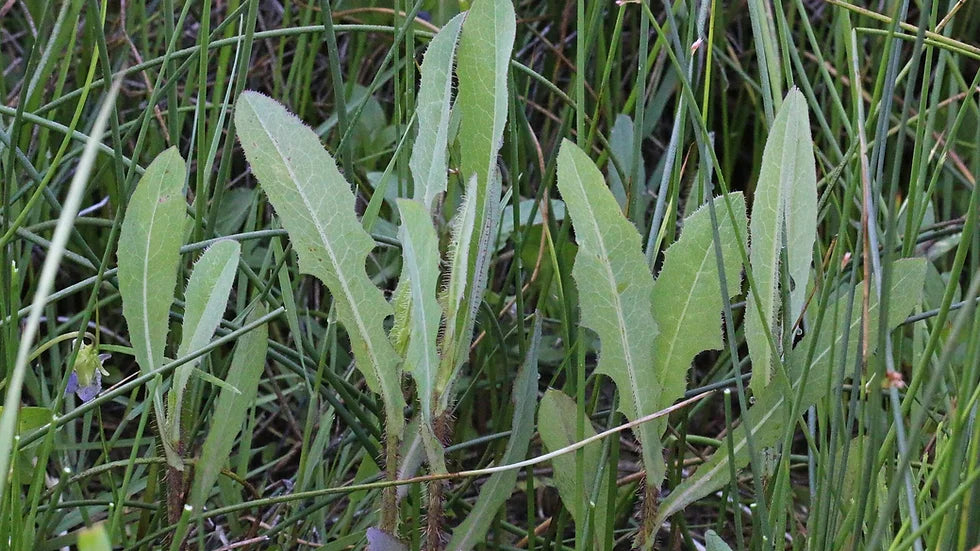
Healing Herbals
Organic Wild Lettuce Loose Leaf Tea
Organic Wild Lettuce Loose Leaf Tea
Couldn't load pickup availability
Wild Lettuce Loose Leaf Tea
This loose-leaf tea is of organic wild lettuce (Lactuca virosa) that is properly dried to keep its inherent personality. It's a caffeine-free tea with a soft, earthen taste that can be taken solo or during your evening ritual.
Brewing Directions
- Steep with 1 tsp of leaf per cup.
- Soak in boiling water for 5–10 minutes.
- Serve warm or over ice.
Ingredients
- Organically Grown Wild Lettuce (Lactuca virosa)
FDA Disclaimer
This product is not FDA approved. This product should not be used to diagnose, treat, cure, or prevent any disease.
Share


Here at Healing Herbals Store
We carefully select suppliers who share our commitment to environmental stewardship and minimize waste through eco-conscious or reused packaging whenever possible. We prioritize supporting fair labor practices and are currently investing in regenerative farming methods, so every product reflects our dedication to both quality and the health of our planet. Shop now!

